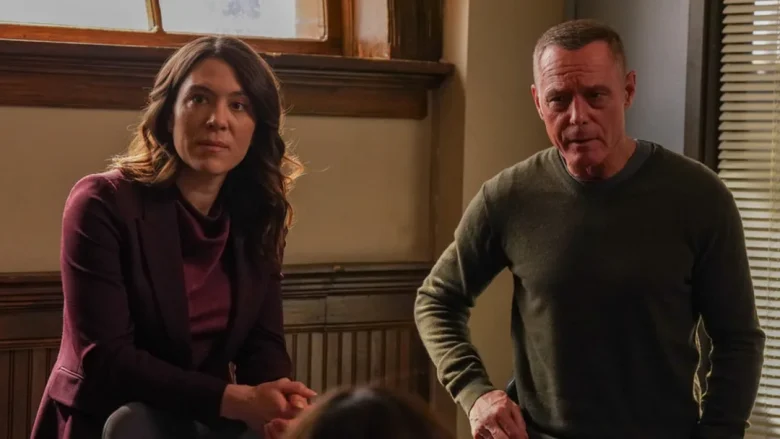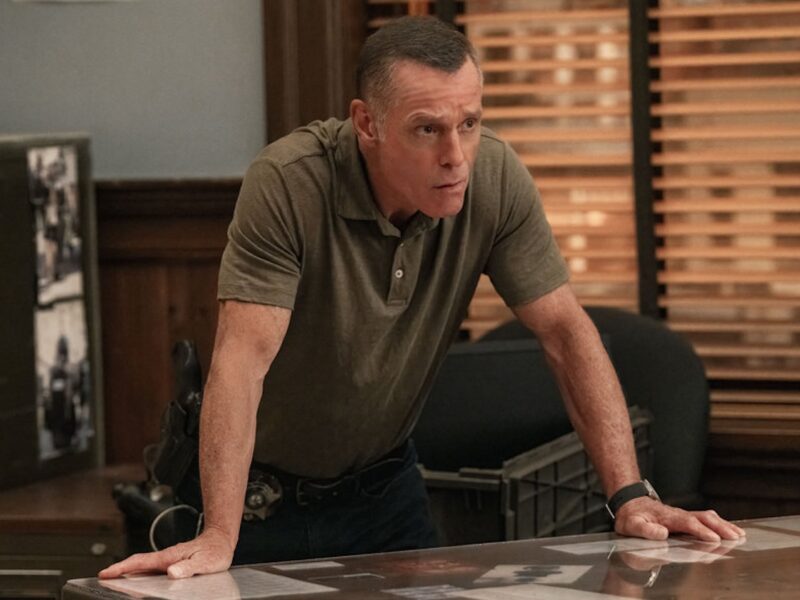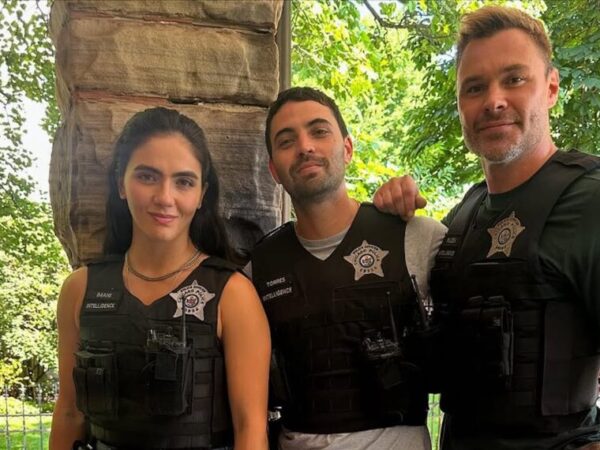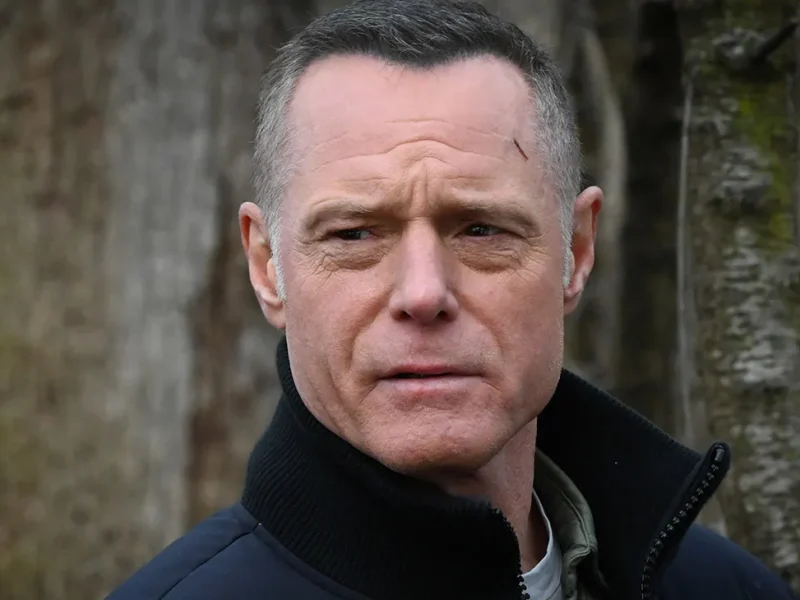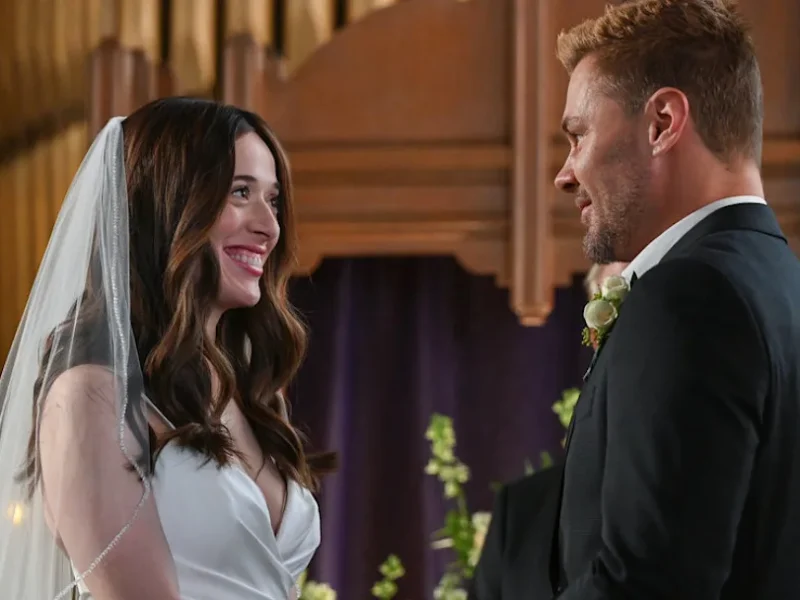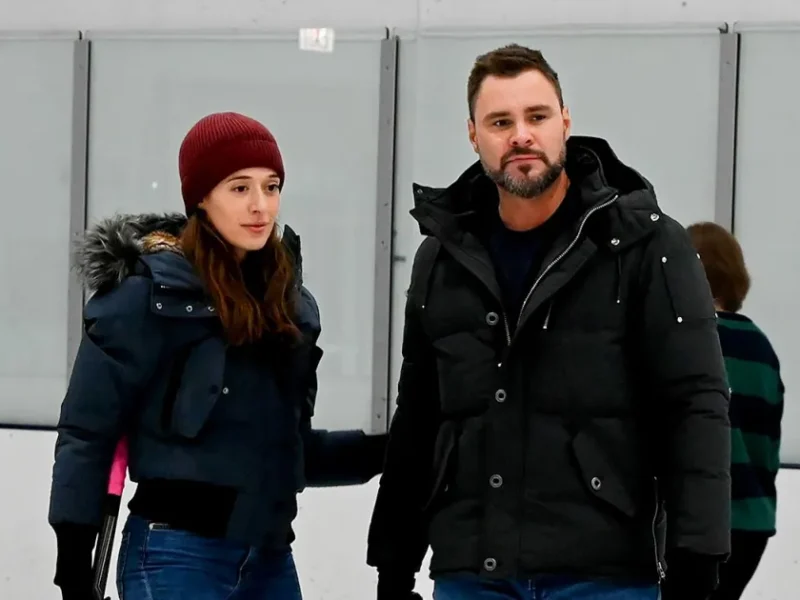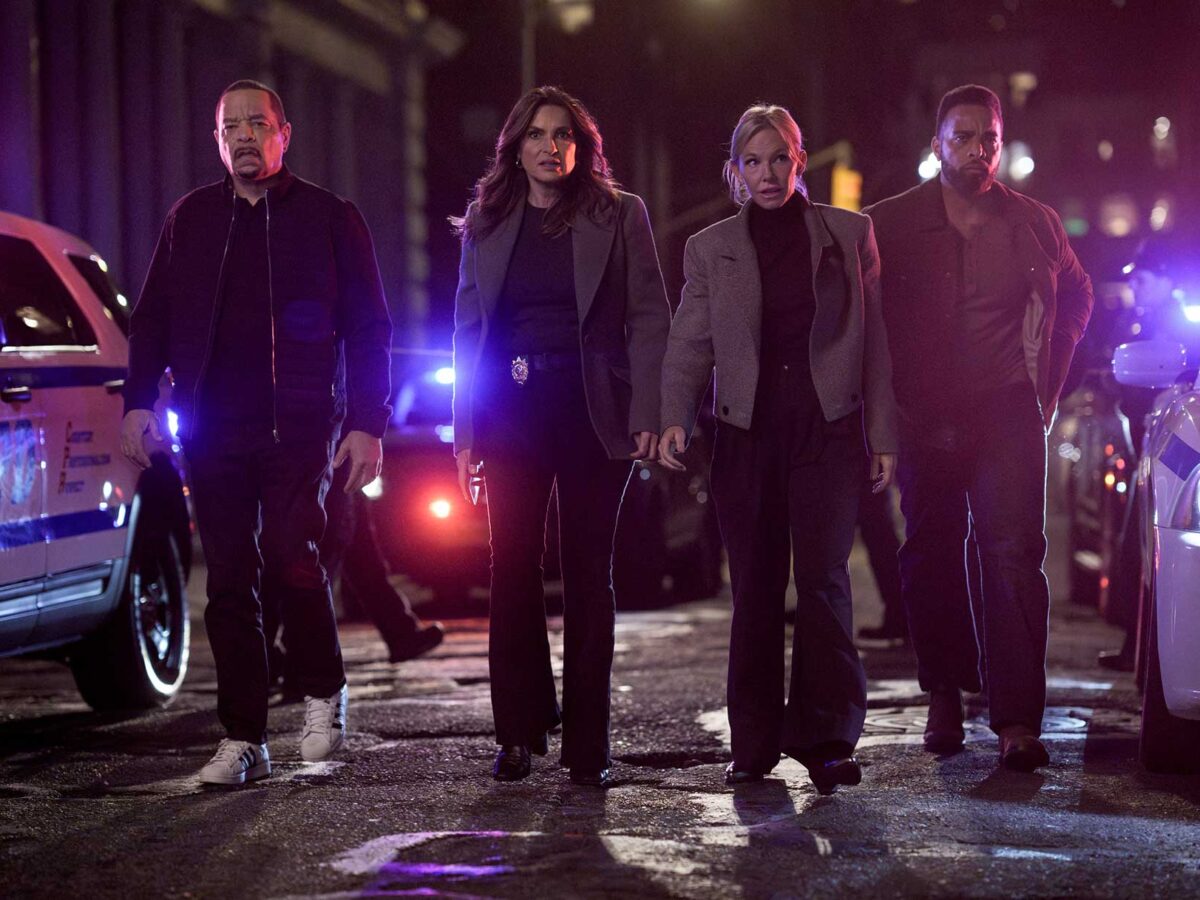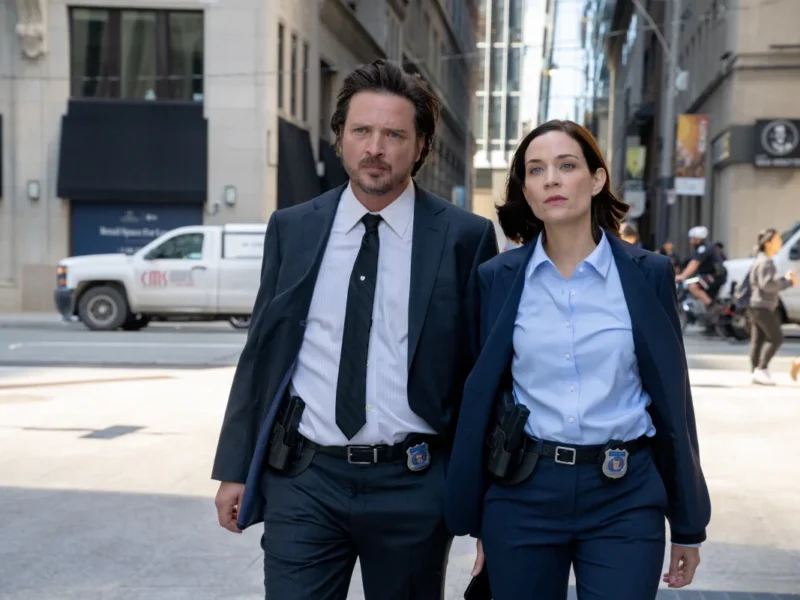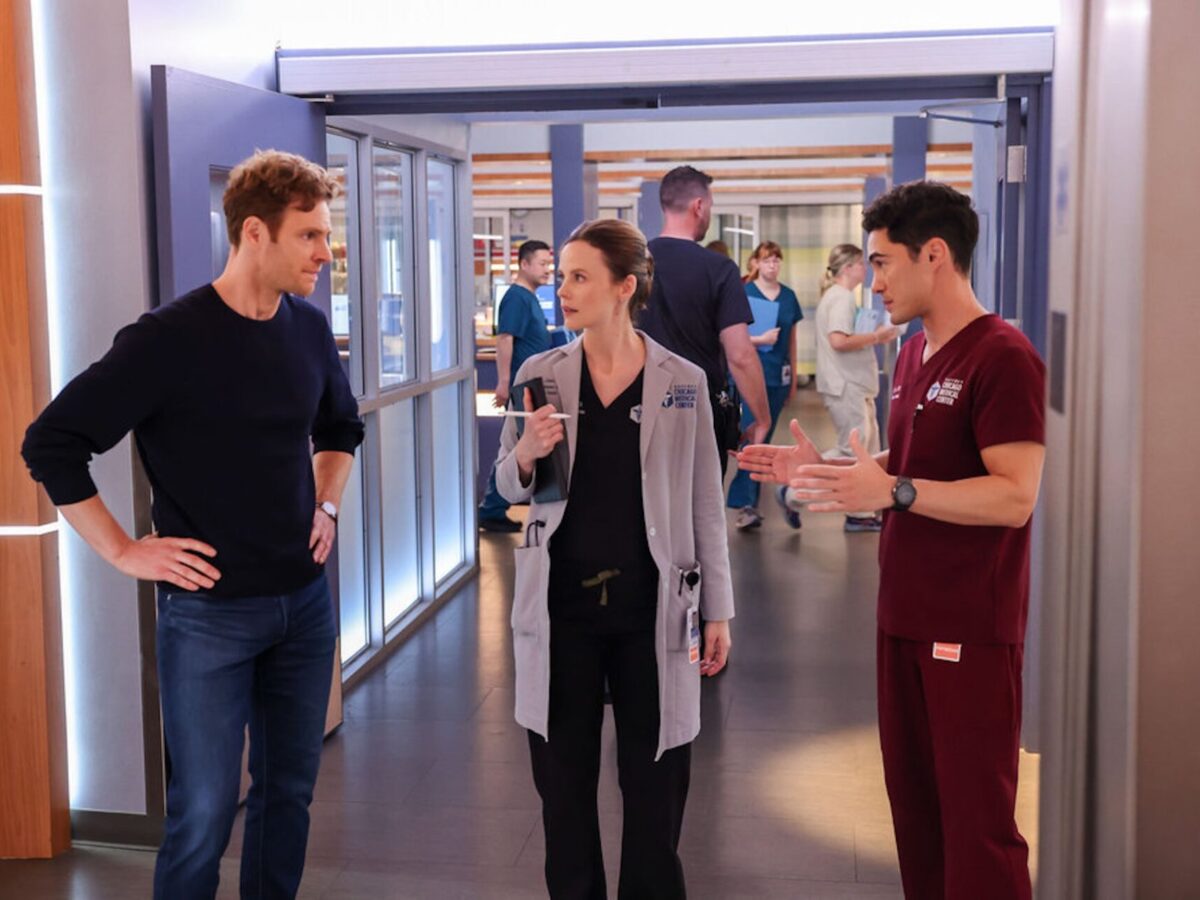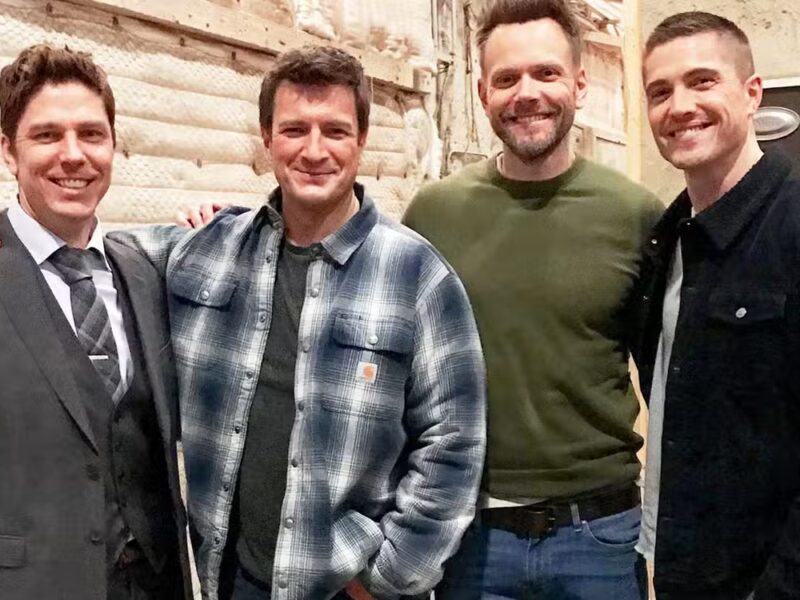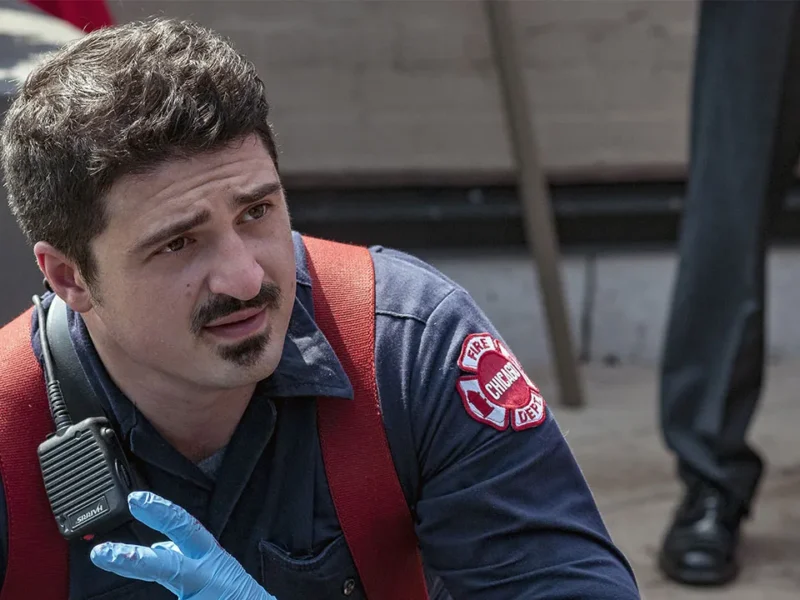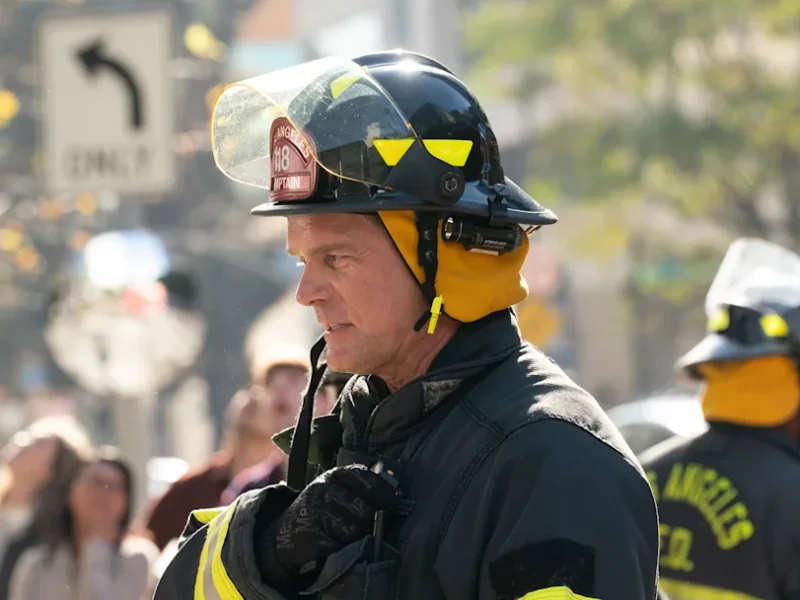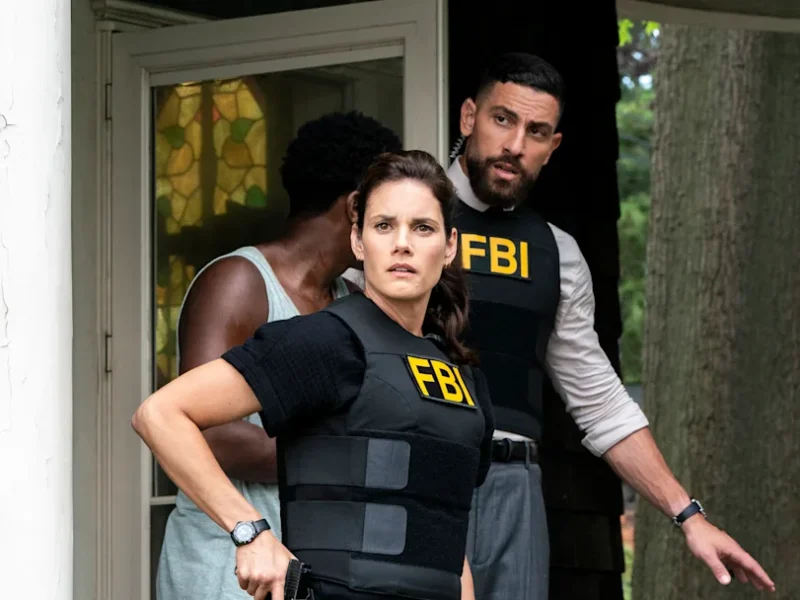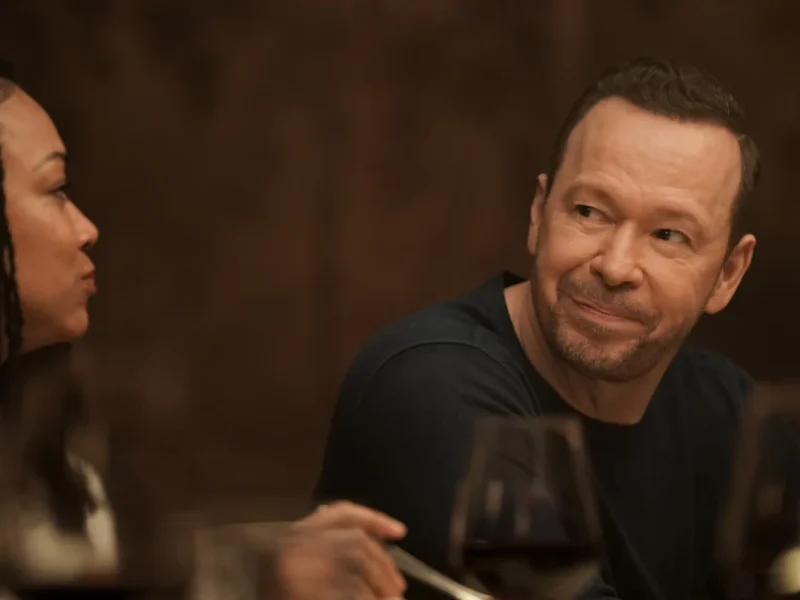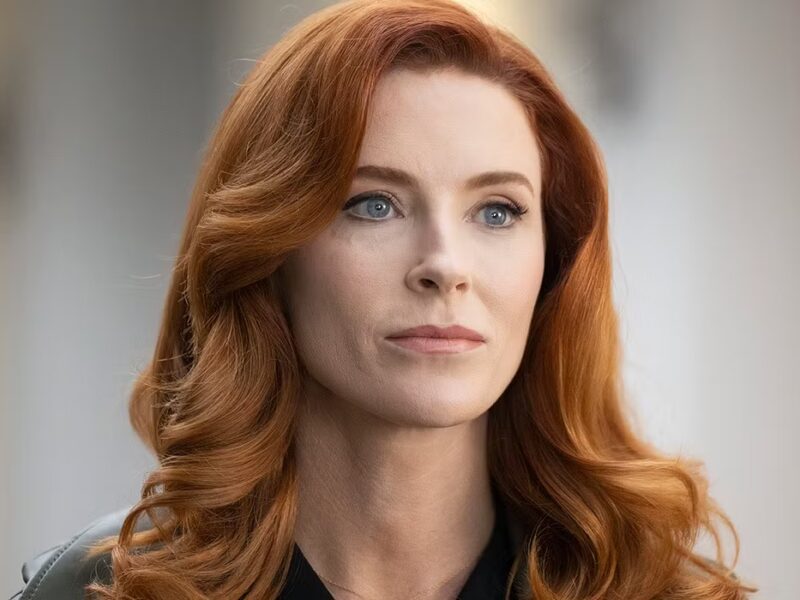Chicago P.D. season 13 teases major fallout between Voight and Chapman, a new direction for Torres, and unresolved tension for Atwater and Val.
The gripping finale of Chicago P.D. season 12 has left fans reeling and eager for what’s next. Balancing heart-pounding intensity with emotional introspection, the final episode gave us a look into Voight’s internal struggle, Torres’ quiet evolution, and a bittersweet culmination of Burgess and Ruzek’s journey. With major developments setting the stage, season 13 promises to shake up everything we thought we knew about the characters.
Showrunner Gwen Sigan recently sat down with One Chicago Center to unpack the emotional and narrative stakes of the finale, offering insight into how the show juggled romance, trauma, and legacy—and what those decisions mean moving forward.
Voight’s Breaking Point and the Fallout with Chapman
One of the standout moments in the finale was the closing confrontation between Voight and Chapman. After a season of emotional growth and vulnerability, Voight was tested to his core. His actions, driven by instinct and his darker impulses, have drawn a hard line between him and Chapman.
According to Gwen Sigan, this moment wasn’t just a personal rupture; it was also a professional reckoning. “She heard him,” Sigan explains. Chapman understands the cost of Voight’s choices, and although there’s no dramatic exit for her character, there is a clear emotional divide that will influence their dynamic moving forward.
“There’s going to be fallout from it,” Sigan adds. And that fallout won’t just affect Voight personally. Chapman remains in Chicago and in her job, which means their interactions in season 13 will carry a complicated weight. It’s not just about feelings anymore; it’s about navigating trust, power, and disillusionment in a high-stakes environment.
A New, Humbled Torres Emerges
While Voight’s storyline may have dominated the finale, it was Torres who silently underwent one of the most profound transformations. Throughout season 12, Torres was burdened by guilt and existential doubt. His decision to attend the wedding, despite deep discomfort, marked a pivotal moment in his journey.
“That guilt hasn’t been lifted. If anything, it’s settling in deeper,” Sigan notes. The church, once a place of solace, now feels alien to Torres, symbolizing how destabilized he’s become. His identity, his values, and his sense of belonging are all in flux.
Looking ahead, fans can expect to see a very different version of Torres in season 13. He’s not simply a changed man; he’s a man searching for meaning and stability amid chaos. This nuanced arc could see him either regain his footing or spiral further—and it’s that tension that makes his storyline one of the most anticipated.
Is There Hope for Atwater and Val? What Else Awaits in Season 13?
The unanswered phone call from Val to Atwater might have seemed minor in the flurry of events, but for long-time viewers, it hinted at unresolved emotional stakes. Their relationship, marked by vulnerability and growth, remains on uncertain ground.
Sigan admits that nothing has been set in stone yet for season 13, but she emphasizes the emotional depth that Val brought out in Atwater. “It made him talk about his flaws,” she says, noting how that relationship allowed Atwater to be more emotionally open. But his instinct to isolate himself in times of crisis might jeopardize whatever progress he’s made.
There’s a clear opportunity here to revisit this relationship and explore how trauma and emotional baggage shape romantic and professional choices. Season 13 could be a turning point not only for Atwater but for how the show addresses mental health and interpersonal growth.
What Makes This Finale Stand Out in the Series’ History?
When asked what makes this finale memorable, Gwen Sigan doesn’t hesitate. For her, it’s all about the balance between emotional weight and narrative momentum. The episode was structured so Voight would constantly hit emotional and moral “walls,” pushing him to the edge before he ultimately crosses a line he can’t come back from.
“It was fun,” Sigan reflects, highlighting the challenge of combining high-paced action with psychological depth. The finale wasn’t just about resolving plot threads; it was about posing a fundamental question: Can Voight ever truly change?
The presence of Olinsky, even in photographs, added another layer of introspection. Olinsky’s ghost is more than a memory; it’s a representation of everything Voight has gained and lost. His internal battle, rooted in that legacy, will no doubt continue to shape the choices he makes in season 13.
Will Season 13 Finally Let Voight Change—or Seal His Fate?
Season 12 closed with more questions than answers, but that’s exactly what makes the wait for Chicago P.D. season 13 so tantalizing. As relationships fracture and characters confront their demons, the next chapter promises a more introspective, emotionally complex, and perhaps even darker tone. Will Voight lean into redemption or destruction? And what role will Chapman, Torres, and Atwater play in shaping his path?
One thing is certain: Chicago P.D. is not afraid to evolve, and neither are its characters.

Open your account on Disney+ and you will have access to movies like Spiderman, Lightyear, Cruella and Pinocchio. You can also watch Star Wars series like The Mandalorian, Andor and The Book of Boba Fett.

